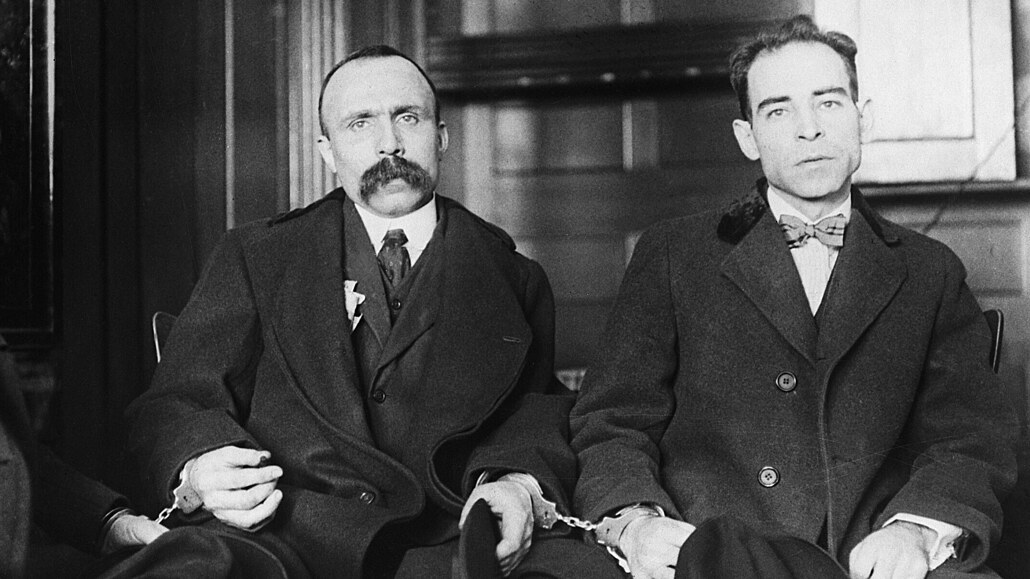"America, Where Are You
Now...."- Stepphenwolf's The Monster-
Take Two
A YouTube Film Clip Of
Stepphenwolf Performing Monster. Ah, Those Were The Days
Commentary/CD REVIEW
Steppenwolf: 16 Greatest Hits,
Steppenwolf, Digital Sound, 1990
America where are you now?
Don't you care about your sons and
daughters?
Don't you know we need you now
We can't fight alone against the
monster
The heavy rock band Steppenwolf, one
of many that was thrown up by the musical counter-culture of the mid to late
1960's was a cut above and apart from some of the others due to their scorching
lyrics provided mainly, but not solely, by gravelly-voiced lead singer John Kay.
Some bands played, consciously played, to the “drop out” notion of times, drop out
of rat-race bourgeois society and it money imperative, its white picket fence with
little e white house visions (from when many of the young, the post-World War II
baby-boomer young, now sadly older), drop out and create a niche somewhere,
some physical somewhere perhaps but certainly some other mental somewhere and
the music reflected that disenchantment, Much of which was ephemeral, merely
background music, and has not survived (except in lonely YouTube cyberspace).
Others, flash pan “music is the revolution,” period exclamation point, end of
conversation bands assumed a few pithy lyrics would carry the day and dirty old
bourgeois society would run and hide in horror leaving the field open, open
for, uh, us. That music too, except for gens like The Ballad Of Easy Rider, is safely ensconced in vast cyberspace.
Steppenwolf was different. Not all
the lyrics worked, then or now. Not all the words are now some forty plus years
later memorable. After all every song is written with current audience in mind,
and notions of immortality for most songs are displaced. Certainly some of the
less political lyrics seem entirely forgettable. As does some of the heavy
decibel rock sound that seems to wander at times like, as was the case more
often than not, and more often that we, deep in some a then hermetic drug
thrall, would have acknowledged, or worried about. But know this- when you
think today about trying to escape from the rat race of daily living then you
have an enduring anthem Born To Be Wild
that still stirs the young (and not so young). If Bob Dylan's Like A Rolling Stone was one musical
pillar of the youth revolt of the 1960's then Born To Be Wild was the other.
And if you needed (or need) a quick
history lesson about the nature of American society in the 1960's, what it was
doing to its young, where it had been and where it was heading (and seemingly
still is as we finish up the Afghan wars and the war signals for intervention into
Syria and Iran, or both are beating the war drums fiercely) then the trilogy
under the title "The Monster" (the chorus which I have posted above
and lyrics below) said it all.
Then there were songs like The Pusher Man a song that could be
usefully used as an argument in favor of decriminalization of drugs today and
get our people the hell out of jail and moving
on with their lives and other then more
topical songs like Draft Resister to
fill out the album. The group did not have the staying power of others like The
Rolling Stones but if you want to know, approximately, what it was like for
rock groups to seriously put rock and roll and a hard political edge together
give a listen.
Words and music by John Kay, Jerry
Edmonton, Nick St. Nicholas and Larry Byrom
(Monster)
(Monster)
Once the religious, the hunted and
weary
Chasing the promise of freedom and
hope
Came to this country to build a new
vision
Far from the reaches of kingdom and
pope
Like good Christians, some would
burn the witches
Later some got slaves to gather
riches
But still from near and far to seek
America
They came by thousands to court the
wild
And she just patiently smiled and
bore a child
To be their spirit and guiding light
And once the ties with the crown had
been broken
Westward in saddle and wagon it went
And 'til the railroad linked ocean
to ocean
Many the lives which had come to an
end
While we bullied, stole and bought
our a homeland
We began the slaughter of the red
man
But still from near and far to seek
America
They came by thousands to court the
wild
And she just patiently smiled and
bore a child
To be their spirit and guiding light
The blue and grey they stomped it
They kicked it just like a dog
And when the war over
They stuffed it just like a hog
And though the past has it's share
of injustice
Kind was the spirit in many a way
But it's protectors and friends have
been sleeping
Now it's a monster and will not obey
(Suicide)
The spirit was freedom and justice
And it's keepers seem generous and
kind
It's leaders were supposed to serve
the country
But now they won't pay it no mind
'Cause the people grew fat and got
lazy
And now their vote is a meaningless
joke
They babble about law and order
But it's all just an echo of what
they've been told
Yeah, there's a monster on the loose
It's got our heads into a noose
And it just sits there watchin'
Our cities have turned into jungles
And corruption is stranglin' the
land
The police force is watching the
people
And the people just can't understand
We don't know how to mind our own
business
'Cause the whole worlds got to be
just like us
Now we are fighting a war over there
No matter who's the winner
We can't pay the cost
'Cause there's a monster on the
loose
It's got our heads into a noose
And it just sits there watching
(America)
America where are you now?
Don't you care about your sons and
daughters?
Don't you know we need you now
We can't fight alone against the
monster
© Copyright MCA Music (BMI)
All rights for the USA controlled and administered by
MCA Corporation of America, INC
--Used with permission--
All rights for the USA controlled and administered by
MCA Corporation of America, INC
--Used with permission--
Born To Be Wild
Words and music by Mars Bonfire
Words and music by Mars Bonfire
Get your motor runnin'
Head out on the highway
Lookin' for adventure
And whatever comes our way
Yeah Darlin' go make it happen
Take the world in a love embrace
Fire all of your guns at once
And explode into space
I like smoke and lightning
Heavy metal thunder
Racin' with the wind
And the feelin' that I'm under
Yeah Darlin' go make it happen
Take the world in a love embrace
Fire all of your guns at once
And explode into space
Like a true nature's child
We were born, born to be wild
We can climb so high
I never wanna die
Born to be wild
Born to be wild
© MCA Music (BMI)
All rights for the USA controlled and administered by
MCA Corporation of America, INC
--Used with permission--
All rights for the USA controlled and administered by
MCA Corporation of America, INC
--Used with permission--
THE PUSHER
From the 1968 release
"Steppenwolf"
Words and music by Hoyt Axton
You know I've smoked a lot of grass
O' Lord, I've popped a lot of pills
But I never touched nothin'
That my spirit could kill
You know, I've seen a lot of people
walkin' 'round
With tombstones in their eyes
But the pusher don't care
Ah, if you live or if you die
God damn, The Pusher
God damn, I say The Pusher
I said God damn, God damn The Pusher
man
You know the dealer, the dealer is a
man
With the love grass in his hand
Oh but the pusher is a monster
Good God, he's not a natural man
The dealer for a nickel
Lord, will sell you lots of sweet
dreams
Ah, but the pusher ruin your body
Lord, he'll leave your, he'll leave
your mind to scream
God damn, The Pusher
God damn, God damn the Pusher
I said God damn, God, God damn The
Pusher man
Well, now if I were the president of
this land
You know, I'd declare total war on
The Pusher man
I'd cut him if he stands, and I'd
shoot him if he'd run
Yes I'd kill him with my Bible and
my razor and my gun
God damn The Pusher
Gad damn The Pusher
I said God damn, God damn The Pusher
man
© Irving Music Inc. (BMI)
--Used with permission--






